Cox's Bazar's sewage problem
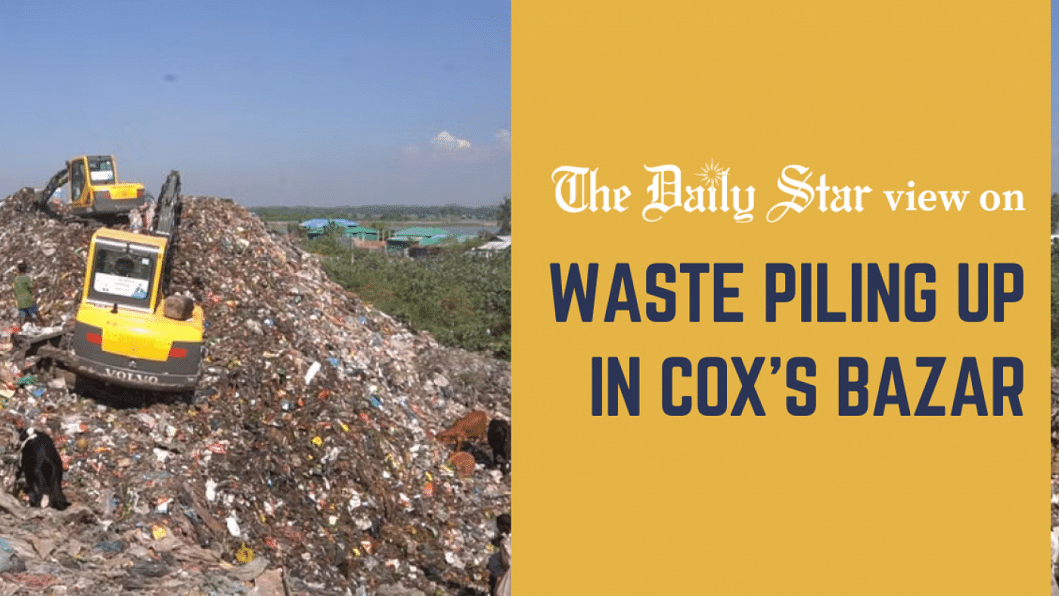
We are alarmed that untreated sewage from hundreds of hotels, motels, and resorts in Cox's Bazar is polluting the environment of the town as well as the sea. According to a recent Prothom Alo report, among the 538 hotels, motels, resorts, and cottages built in the Kalatali area next to the beach, 532 do not have any sewage treatment plants (STPs). These hotels and motels are still using septic tanks for their sewage management, which are leaking and spreading sewage around the city and into the sea. The situation particularly worsens during the peak season and also during monsoon. The untreated sewage is now posing a serious threat to the marine animals and the biodiversity of the area, while also degrading the overall environment of the tourist city.
The question is, what were the authorities doing when all these hotels and resorts were built without STPs? Did they make it clear to the owners that STPs were mandatory in their establishments? According to the hotel owners, they didn't. Instead, they reportedly allowed them to build three-chambered septic tanks underground. And there are still many hotels that do not even have septic tanks. Now, when thousands of people crowd these hotels during the peak seasons, the sewage management systems in these hotels completely fall apart.
Unfortunately, sewage pollution from hotels is just one of the many problems that Cox's Bazar has been facing in recent years. The tourist town still does not have a proper waste management system, and plastic pollution has become one of the major threats to its ecology. Moreover, sewage from shrimp hatcheries is directly polluting the sea at many points. By now, a large part of the district's forests, mountains, and rivers have been grabbed by influential encroachers. Many projects taken up by the government have also proven harmful to its environment. The saddest part is, such environmental destruction has been going on under the very nose of the authorities and despite the existence of several High Court orders and directives to stop them.
We urge the Cox's Bazar Development Authority (CoxDA), the Department of Environment and other relevant government agencies to do what is needed to save the town from pollution and encroachment once and for all. As for setting up the STPs, the CoxDA should construct a central sewage treatment plant in the town as soon as possible – with the help of the World Bank and the Asian Development Bank (ADB), since they are reportedly interested to invest.
And to stop unplanned constructions in the town, the authorities must take action against those who have built their hotels without environmental clearance, no matter how powerful they are. They should also prepare a master plan of town development and ensure that all the structures are constructed following the rules and regulations. All this must be done to retain the beauty of the beach town and safeguard its ecological balance.

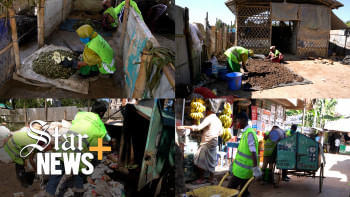
 For all latest news, follow The Daily Star's Google News channel.
For all latest news, follow The Daily Star's Google News channel. 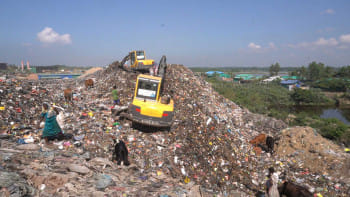





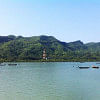
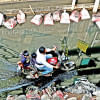


Comments